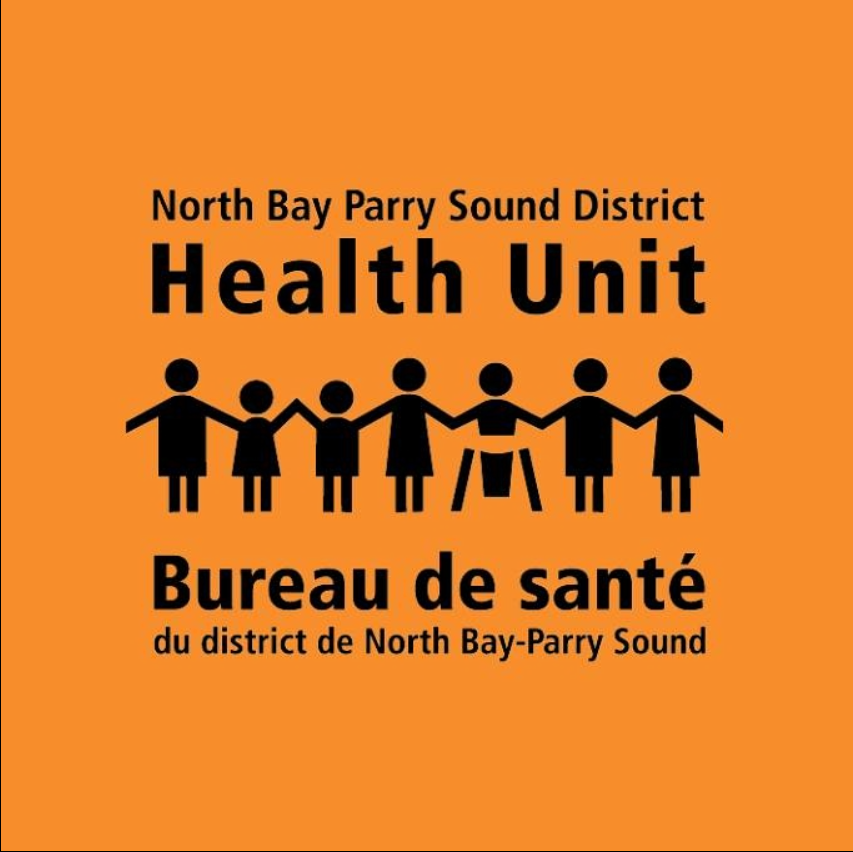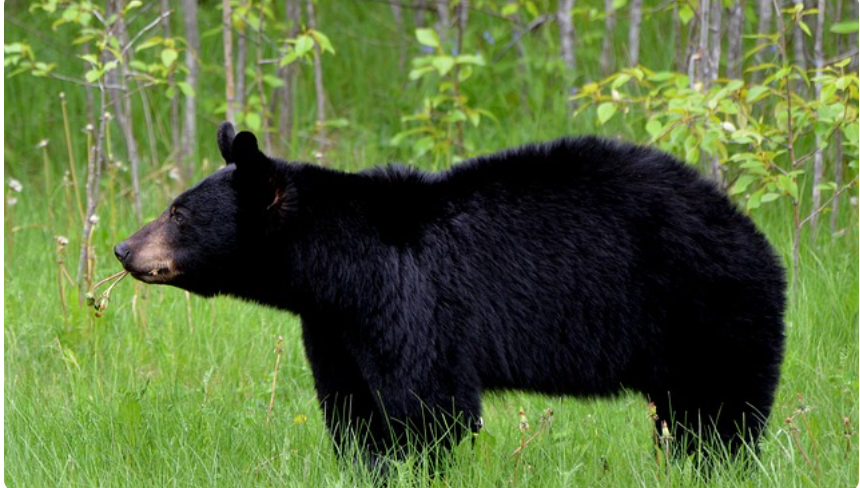Mosquitoes continue to pose health risks in Health Unit region

The North Bay Parry Sound District Health Unit (Health Unit) is reminding residents to continue to take precautions against mosquito bites after a positive case of eastern equine encephalitis (EEE) was confirmed in a horse that became ill around Aug. 12, 2024.
The Ministry of Agriculture, Food and Agribusiness and Ministry of Rural Affairs reported the positive case in a horse from the Parry Sound district on Sept. 4, 2024. Eastern equine encephalitis, a disease that can be transmitted by mosquitoes, has been detected in the Health Unit region in the past. The recent detection follows three confirmed cases of West Nile Virus (WNV) found in local birds since June this year.
The detection of EEE is a reminder that the virus is present in local wildlife, even as the end of summer approaches. Mosquitoes infected with EEE typically transmit it through their bite to horses and other animals, and rarely humans. Mosquitoes acquire viruses such as EEE and WNV by feeding on infected birds. It is not spread from other animals.
While the risk of human infection is low, the Health Unit is encouraging all residents to take precautions to protect themselves and their families from EEE and WNV:
• Apply insect repellent containing DEET or icaridin sparingly to clothing and exposed skin areas, following recommendations by Health Canada and the Canadian Paediatric Society.
• Take extra care when spending time outdoors between dusk and dawn, when mosquitoes are most active.
• Wear light-colored, long-sleeved shirts and pants.
• Ensure window and door screens are in good repair to keep mosquitoes outside.
• Eliminate standing water around the home where mosquitoes breed, such as in bird baths, rain gutters, and planters.
Eastern equine encephalitis is a serious illness if contracted. Residents are advised to monitor for symptoms. These may include fever, headache, vomiting, respiratory symptoms, dizziness, decreasing level of consciousness, tremors, seizures, and neurological issues. While there is no treatment or vaccine for EEE or WNV, symptoms can be treated. Anyone experiencing these symptoms should contact their healthcare provider.



